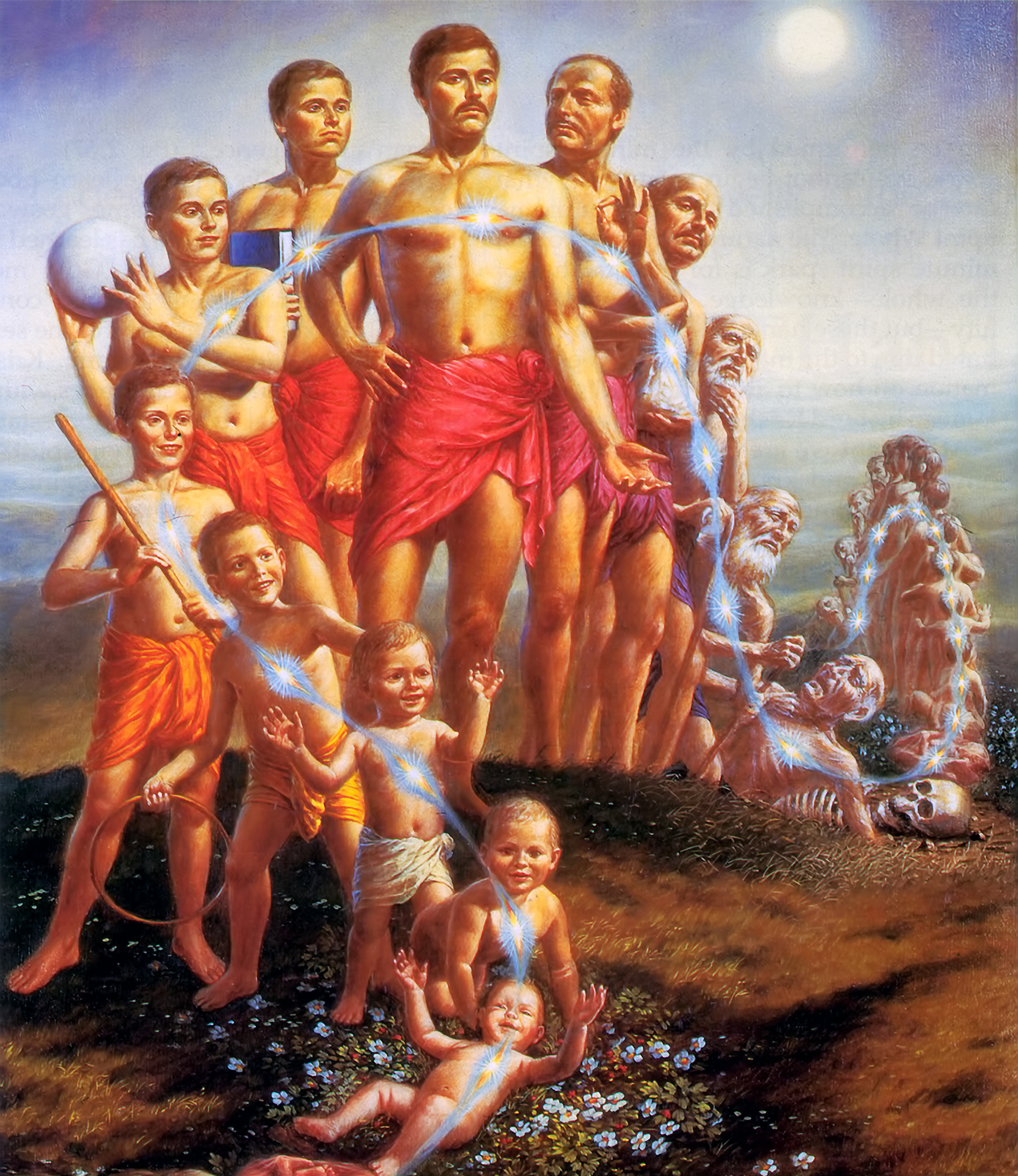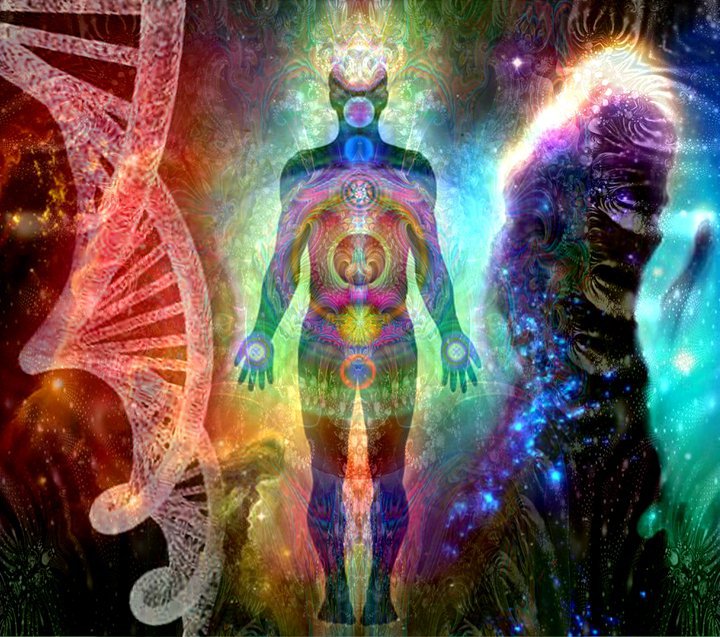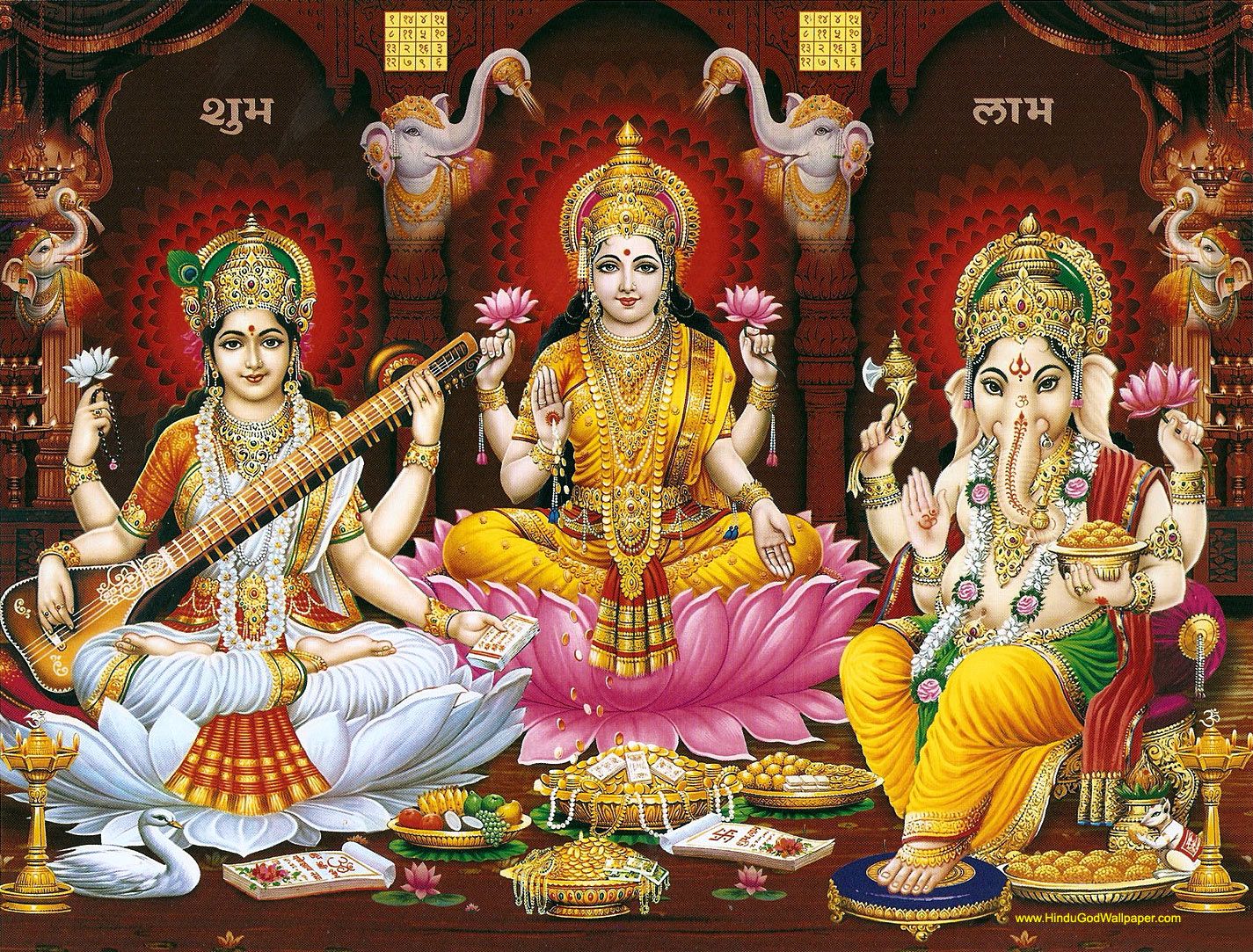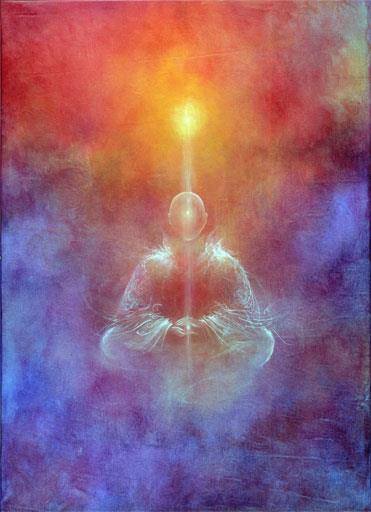20 noble virtues
"Om namo bhagavate vasudevayah"
As we know—and as discussed elsewhere on this site under the topic of life and soul—all living beings temporarily acquire a physical body for a certain period of time. When the current life ends, the soul is granted another suitable body. When that life ends, it receives yet another one, and the cycle continues, as explained in Shloka 22 of Chapter 2:
As a person puts on new clothes, discarding old and torn clothes, similarly a personified soul enters new material bodies, leaving the old bodies.
-- Chapter 2, Verse 22
Due to attachment to the material world, or due to a lack of knowledge about how to become free from the cycle of birth and death, the soul becomes entangled in worldly pleasures and remains caught in the continuous cycle of rebirth (samsara).
Among all forms of life on this planet, the human body is the only opportunity for the soul to attain liberation from the cycle of birth and death. Other life forms—though gradually evolving toward higher species and ultimately to the human body—do not possess the capacity for conscious spiritual realization. The human form alone is endowed with the intelligence, awareness, and spiritual potential necessary to break free from the mortal cycle and realize the eternal truth.
Nearly all major scriptures of Sanatan Dharma describe various paths by which a human being may attain liberation. Yet, no scripture conveys the ultimate truth with as much clarity and authority as the Shrimad Bhagavad Gita—for it is the direct word of God. In the Gita, Bhagavan Shri Krishna personally outlines the four Yogic paths that lead to liberation.
Beyond these four Yogic paths, Bhagavan Krishna also provides a comprehensive guide for noble human conduct. These guidelines, when sincerely followed, elevate a person to a state of inner purity that leads to liberation from the cycle of birth and death. These are known as the twenty virtues or qualities of true knowledge, as described in the following verses:
amanitvam adambhitvam ahimsa ksantir arjavam
acaryopasanam shaucam sthairyam atma-vinigrahah
indriyarthesu vairagyam anahankara eva ca
janma-mrityu-jara-vyadhi-duhkha-dosanudarshanam
ashaktir anabhisvangah putra-dara-grhadisu
nityam ca sama-cittatvam istanistopapattisu
mayi cananya-yogena bhaktir avyabhicarini
vivikta-desa-sevitvam aratir jana-samsadi
adhyatma-jnana-nityatvam tattva-jnanartha-darshanam
etaj jnanam iti proktam ajnanam yad ato ’nyatha
Translation:
"Humility; pridelessness; nonviolence; tolerance; simplicity; approaching a bona fide spiritual master; cleanliness; steadiness; self-control; renunciation of the objects of sense gratification; absence of false ego; the perception of the evil of birth, death, old age, and disease; detachment; freedom from entanglement with children, spouse, home, and the rest; even-mindedness amid pleasant and unpleasant events; constant and unalloyed devotion to Me; aspiring to live in a solitary place; detachment from the general mass of people; accepting the importance of self-realization; and philosophical search for the Absolute Truth—all these I declare to be knowledge, and besides this whatever there may be is ignorance."
--Chapter 13, Verses 8–12
Let us list these 20 virtues with their Sanskrit terms and meanings for clarity:
1. amanitvam – Humility; not seeking recognition.
2. adambhitvam – Absence of pride or pretentiousness.
3. ahimsa – Nonviolence; not causing harm to any living being.
4. ksanti (or santi) – Tolerance; forbearance, especially in the face of insult.
5. arjavam – Simplicity; honesty and straightforwardness.
6. acaryopasanam – Service to a qualified spiritual master, done with sincerity and without ulterior motives.
7. shaucam (or sauca) – Cleanliness, both internal (mental) and external (physical).
8. sthairyam – Steadfastness on the spiritual path; inner firmness.
9. atma-vinigrahah – Self-control; mastery over body and senses which otherwise hinder realization of the Atma (soul).
10. vairagyam indriyarthesu – Renunciation of sense objects; detachment from sensual pleasures.
11. anahankara – Absence of false ego; not identifying the body as the self.
12. duhkha-dosa-anudarshanam – Realizing the inherent suffering in birth, death, old age, and disease; dispassion through contemplation of material life’s miseries.
13. asaktih – Detachment from family and possessions, such as spouse and children.
14. anabhisvangah – Even-mindedness amidst gain and loss, success and failure.
15. sama-cittatvam – Equanimity; neutrality in happiness and distress.
16. avyabhicarini bhaktih – Steady, unalloyed devotion to the Supreme Lord, Krishna; seeing the soul in all beings.
17. vivikta-desa-sevitvam – Preference for solitude; engaging in spiritual practice in quiet places.
18. aratih jana-samsadi – Disinterest in mundane talk and superficial social interactions.
19. adhyatma-jnana-nityatvam – Continuous engagement in spiritual knowledge and self-realization.
20. tattva-jnanartha-darshanam (atma-tattva) – Philosophical pursuit of the Absolute Truth; understanding the eternal nature of the soul.
These 20 virtues, as taught by Lord Krishna, form the essence of noble conduct leading to liberation. They are the attributes that open the path to the highest existence. Anything contrary to these values is considered ignorance and opposed to spiritual truth. This has been affirmed by great sages such as Vyasa, Vasistha, and Parashara.
These noble qualities are not just personal ideals—they form the standard of nobility in a human being and, by extension, the measure of a society’s character. The more these virtues are cultivated, the more peace and happiness society enjoys. Conversely, when these virtues diminish, unrest and suffering inevitably increase.
"Shri Hari Om Tat Sat"

.jpg)

.jpg)



